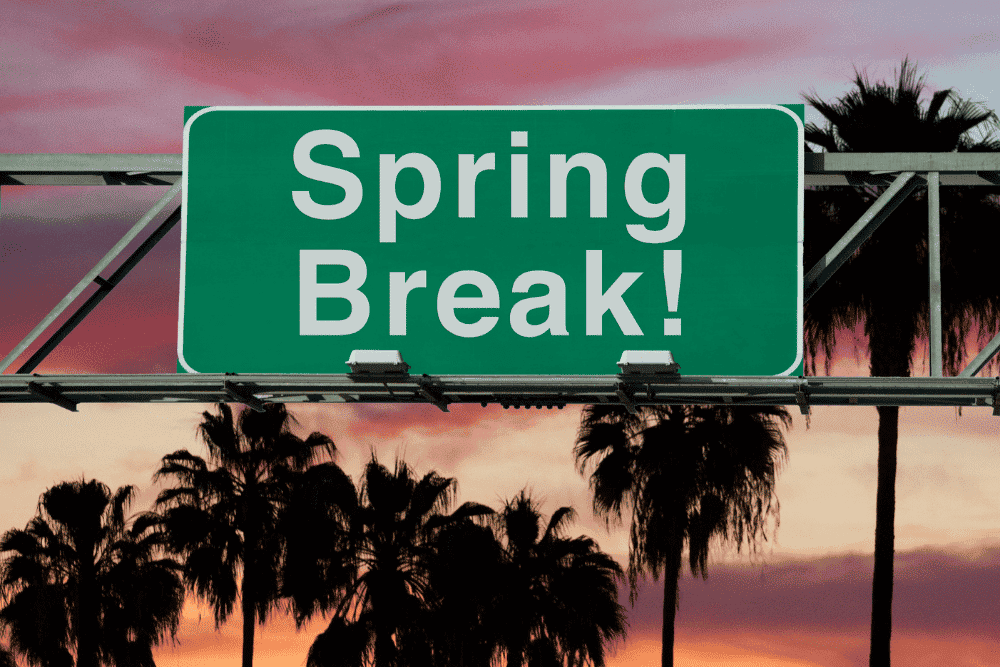- Home
- THE FIRM+
- Criminal Defense+
- CASE RESULTS
- AREAS WE SERVE+
- FAQ’s
- Blog
- Contact
AZHARI LLC BLOG

Posted By: Sami Azhari
Category:
COVID-19 has changed the way people operate, including how they travel. These days, many destinations require negative COVID tests within so many days of arrival or a quarantine period once you arrive – including Chicago.
Recently, the city of Chicago updated its COVID-19 restrictions. Under these new rules, residents from 31 states must either quarantine for 10 days after coming to Chicago or arrive with a negative COVID test in hand.
Failure to abide by these COVID measures could lead to criminal charges like disorderly conduct, which is no laughing matter. Here’s what you need to know about disorderly conduct in Illinois if you are found violating travel orders.
What Is Disorderly Conduct in Illinois?
Under Illinois law, disorderly conduct is a charge that can be widely applied when you act in an unreasonable way that disturbs or alarms another person – or your actions are meant to provoke or breach the peace.
Disorderly conduct also denotes specific elements. These include interfering with the operation of lawful business, making false reports to public safety agencies, or even obstructing public safety or service agents.
If you are arrested and charged with disorderly conduct, it’s crucial that you contact an attorney for representation. Since disorderly conduct charges can appear subjective – though perhaps more objective when violating COVID safety protocols – it’s vital to fight the charges if you don’t believe yourself guilty. Remember, if found guilty, a charge like disorderly conduct can go on your permanent criminal history. That can follow you around for the rest of your life.
What Is Considered a Breach of the Peace in Illinois?
Illinois law declares that someone is criminally responsible for disorderly conduct if they knowingly act in an unreasonable manner that disturbs or alarms another and provokes a breach of the peace. This may sound a bit vague. That’s because it’s meant to be an umbrella. It’s how a charge for disorderly conduct can be issued for not complying with Chicago COVID regulations.
Some other common disturbances that can be prosecuted under this statute include:
- Public intoxication
- Fighting in public
- Urinating in public
- Playing loud music
- Protesting or rioting violently
- Shouting obscenities loudly
- Interrupting a public assembly
In court, it must be proven that you committed the act in a way that was unreasonable and that led to at least one other person being alarmed or disturbed by it. It must be shown that your actions provoked a breach of the peace. On top of these conditions, you must have knowingly committed the act.
Penalties for Disorderly Conduct in Illinois
The state of Illinois regards most charges of disorderly conduct as Class C misdemeanors. The penalties for this are up to one month in jail and fines of $1,500.
However, disorderly conduct charges can be categorized as felonies in certain circumstances. If the center of the disorderly conduct was disruption of public safety functions, or you have a previous criminal history involving disorderly conduct charges, the outcome may be more serious for you.
You can also face disorderly conduct charges for looking inside someone’s property or home. This is a Class A misdemeanor and can result in up to 12 months in jail and fines up to $2,500.
Understand the Updated COVID-19 Restrictions to Avoid Disorderly Conduct Charges
As COVID-19 continues to impact travel regulations, it’s crucial to stay informed about the latest requirements and restrictions, especially if you’re planning a trip to Chicago. The city has implemented stringent measures. Non-compliance can lead to serious legal consequences, such as charges of disorderly conduct, which could affect your criminal record permanently.
If you find yourself charged with disorderly conduct for violating travel orders or any other reason, it’s important to seek experienced legal representation immediately. Contact Sami Azhari, a seasoned attorney, to help you navigate the complexities of your charges and work towards a favorable outcome. Don’t let a misunderstanding or a momentary lapse jeopardize your future.
About the Author
Sami Azhari has been working as a lawyer since 2007, after receiving his Juris Doctor from the Michigan State University College of Law. He has handled numerous state and federal cases, and is known throughout the Chicago and Rolling Meadows area for providing his clients with high-quality, skilled representation. He has been recognized by SuperLawyers, the National Trial Lawyers Association, and other notable organizations, and has spoken at a number of legal conferences.


























































